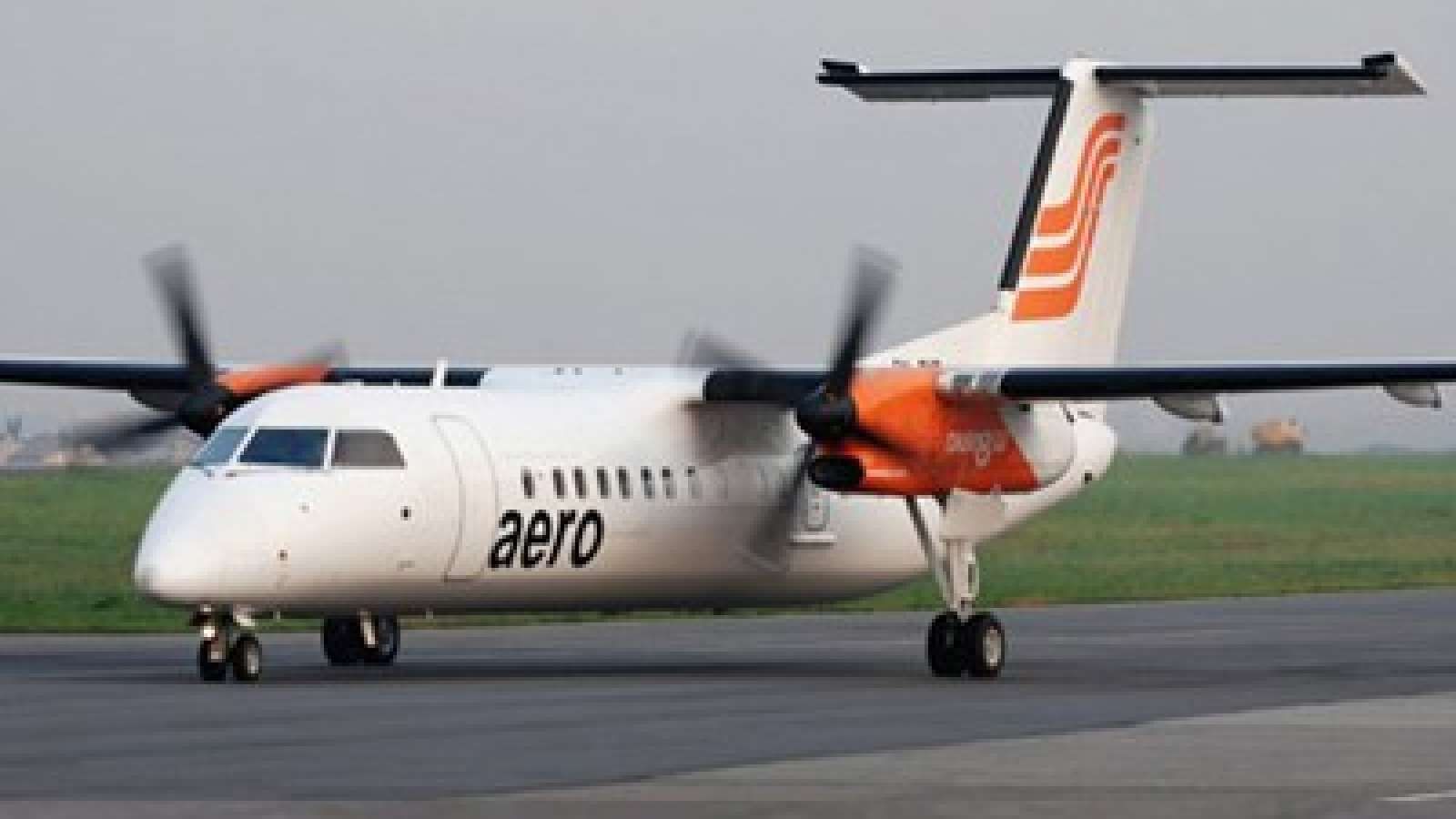Aero Contractors completion of a C-Check of one of its B737 aircraft last week could be the beginning of good things for airline operators as the facility could help save Nigerian airlines over $20 billion in offshore maintenance.
Managing Director of Aero, Captain Ado Sanusi, said that the aircraft would be rolled out of the hangar this week, stressing that he was satisfied with the capacity that the organisation has built, highlighting plans to build on what has been done and improve tremendously. The airline also completed a test flight on the B737aircraft, which was completed by Captain Gabriel Ayeni with co-pilot Wale Awojebe and C-Check Manager, Claude, an engineer and the crew. For some years now, the airline had been carrying out aircraft maintenance in its facility located at the Murtala Muhammed International Airport, Lagos.
It started with its rotary wing, the helicopter division and graduated to carrying out the first major maintenance check, which is the C-check, on fixed wing aircraft, Bombardier Q300 and Q400. Last November, Woleshadare.net got a new statistics of what Nigerian carriers spend on comprehensive maintenance of their airplanes offshore. The total cost airlines spend on off-shore airplane repair stood at $117.6 million for C-Check.
Chairman, Air Peace, Mr. Allen Onyema, corroborated this in an interview with our correspondent in Abuja at the World Aviation Forum (WAF) organised by the International Civil Aviation Organisation (ICAO). He disclosed that on the average, Nigerian airlines pay at least $2.8 million for C-Checks of aircraft while their competitors could carry out such maintenances for a mere $500,000, adding that insurance premiums paid on aircraft is quadruple of what legacy airlines pay around the world.
The cost of aircraft maintenance would have reduced by at least 30 per cent if Nigeria has maintenance facility in the country, but the absence of the facility has upped the cost of maintenance. C-Check is performed approximately every 20–24 months or a specific amount of actual flight hours (FH) or as defined by the manufacturer. This maintenance check is much more extensive than a B check, requiring a large majority of the aircraft’s components to be inspected. This check puts the aircraft out of service, and the aircraft must not leave the maintenance site until it is completed. Onyema maintained that all Nigerian airlines were as safe as their counterparts in Europe and America despite the harsh operating environment in the country.
One of the major challenges confronting the aviation sector in Nigeria is the lack of facility to carry out maintenance checks on aircraft. Since the liquidation of Nigeria Airways by the Federal Government in 2004, which had functional Maintenance Repair and Overhaul (MRO) facilities that could occupy at least two Boeing 737 aircraft at a time, airlines in the country have resorted to taking out their aircraft outside the country for required checks.
Many of the country’s airline operators travel around the world in search of available slots to carry out due maintenance on their airplanes.
An aviation expert, who spoke to this newspaper on condition of anonymity, said one of the main setbacks in the development of air transport in Nigeria is the absence of major maintenance, repair and overhaul facility in the country, which forces domestic airlines to ferry their aircraft overseas to fix at twice the cost if it were done in Nigeria. He said: “When they open the engine and they open the side wall panels, they may see cracks that are beyond what is agreed onwhich they have to rectify and this will be at extra cost.
I have seen a C-Check that had cost up to a million pounds in UK. That is possible because the moment they open up the aircraft, they will see so many things that ought to be done that was not tracked before.” The airlines spend a lot of time on overseas checks and lose about N5 million a day for the weeks and, possibly, months the aircraft would be at the maintenance facilities abroad.
Article By Wole Shadare





